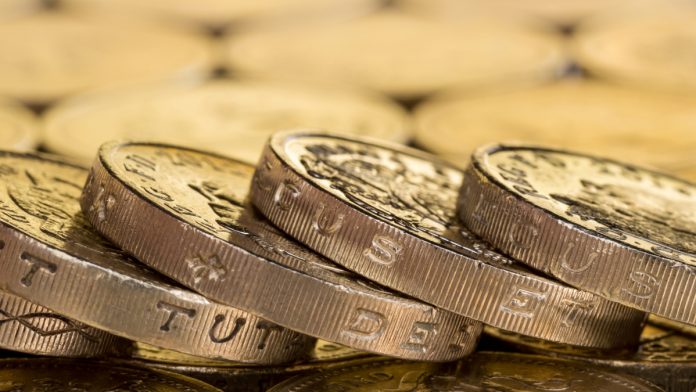The Pound is pushing higher versus the Euro for an eighth straight session on Thursday.
The Pound versus Euro exchange rate has advanced over 4.5% across the past 8 sessions picking up from a low of €1.0723 on 24th March and rallying to close in the previous session at €1.1290.
Today, at 06:30 UTC, GBP/EUR is trading 0.44% higher at €1.1344, at the upper end of its daily range.
Pound Advances As Social Distancing Appears To Be Working
The Pound traded broadly mixed versus its major peers in the previous session as coronavirus and its impact on the economy remained under the spotlight.
Data showed that over 1 million people have applied for universal credit since Boris Johnson urged people to stay at home two weeks ago, giving an early indication of the devastation that the coronavirus outbreak is wreaking on the UK economy. The surge in unemployment comes despite the governments extensive package of job retention schemes.
The eye watering number of people losing their job came the same day as the UK government revealed that an additional 561 people died from coronavirus, bring the total to 2352. However, data also showed that the UK lock down was working. A study found that now one person with coronavirus now infects 0.62 other people, down from 2.6 before social distancing measures.
Today there is no high impacting UK economic data. Investors will remain glued to coronavirus crisis developments and await the next catalyst.
Euro Remains Under Pressure
The Euro descended across the board on Wednesday after data showed that exporter nation Germany’s manufacturing sector experienced its steepest contraction in output in over a decade. The March manufacturing PMI fell to 45.4, from February’s 48. The level 50 separates expansion from contraction. The data shows the impact that the pandemic is having on the German economy, as government restrictions on the public have forced manufacturing plants to close across Europe’s largest economy.
There is also a good chance that the figures will get a lot worse before they get better given that most the factory shutdowns happened during or even after the survey.
Today there is little on the eurozone economic calendar, just the producer price index, which measures inflation at wholesale level. However, the data is from February, before the coronavirus outbreak escalated, meaning that it is already out of date.





